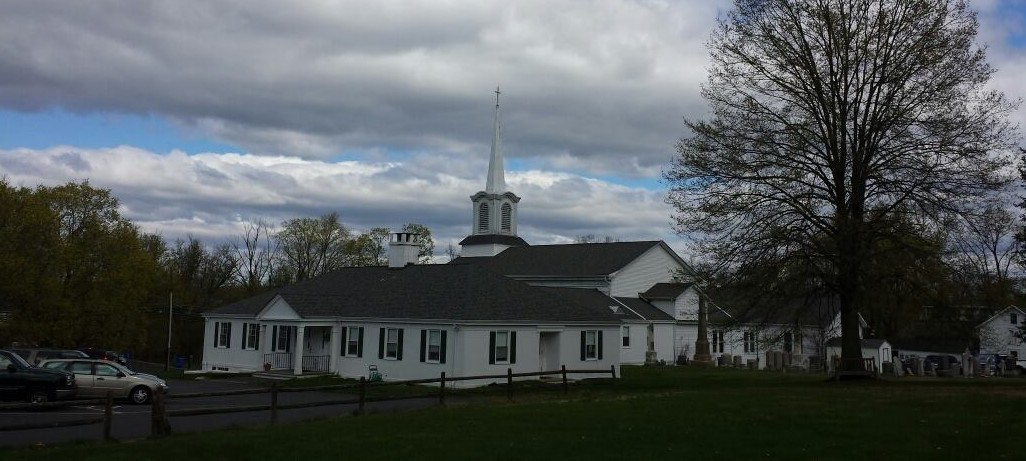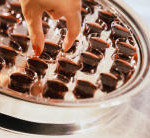Our openly declared purpose is to worship God, to preach the gospel of Jesus Christ, to celebrate the Sacraments, to teach and encourage the application of Christian values both individually and socially, to realize Christian fellowship and unity within this church and the Church Universal, to render loving service toward all mankind, and to strive for righteousness, justice and peace in the world.
Confessions and Creeds:
The following confessions are statements of Reformed beliefs:
- The Belgic Confession
- The Heidelberg Catechism
- The Canons of Dordt
The following creeds are statements of Reformed beliefs:
- The Apostles’ Creed
- The Nicene Creed
- The Athanasian Creed
Sacraments
The word sacrament is based on the Latin word sacramentum, which means “something sacred.” In the early church, sacramentum came to stand for many things sacred, including rites that had a hidden meaning. During the Reformation, using Scripture as a guide, the reformers limited the number of sacraments to two: baptism and the Lord’s Supper. These sacraments, instituted by Christ, are a means of grace within the covenant community. They are visible signs and seals of something internal and invisible and the means by which God works in us through the power of the Holy Spirit.
- Baptism
Baptism is a sign and seal of God’s covenant of grace with us and our children. Baptism is the visible word of God that we are cleansed in Christ’s blood, buried with him unto death, that we might rise with him and walk in newness of life. In the Reformed Church, baptism is always performed in the context of a congregation of God’s people. The congregation commits itself to the spiritual nurture of the infant, child, or adult being baptized. Baptism is the mark of corporate, as well as individual faith. The journey of faith that begins in individual baptism continues in the church community.
In baptism, God promises by grace alone to forgive our sins; to adopt us into the Body of Christ, the church; to send the Holy Spirit daily to renew and cleanse us; and to resurrect us to eternal life.
Through baptism, Christ calls us to new obedience, to love and trust God completely; to forsake the evil of the world; and to live a new and holy life.
The Reformed Church baptizes infants as well as older children and adults. Recognizing the symbolic cleansing and refreshing characteristics of water, the RCA affirms sprinkling, immersion, and pouring as methods of baptism.
- Communion
Following Jesus’ example and instruction, when the church celebrates the Lord’s Supper we receive gifts of bread and wine; we give thanks to God; we break the bread and pour the wine; we share the food and drink with each other. In these simple actions believers experience a profound mystery: Christ himself is present and his life passes into us and is made ours. As baptism is the sign and seal of our ingrafting into Christ, so the Lord’s Supper is a means by which Christ continually nourishes, strengthens and comforts us.Communion, also known as the Lord’s Supper or Eucharist, is Christ’s gift to the church. On the night in which he was betrayed, Jesus took bread, gave thanks, broke it, and shared it with his disciples. “This is my body that is for you,” he said. “Do this in remembrance of me.” He also took a cup of wine and said, “This cup is the new covenant in my blood. Do this as often as you drink it in remembrance of me.”
Through our prayers and the sharing of bread and wine we are joined to Christ and through Christ to each other. At the table we remember what God has done for us. The past event of our Lord’s death, resurrection and ascension comes into the present so that its power once again touches us, changes us, and heals us. We gather at the table with joy. Our eating and drinking is a celebration of our risen Lord. Through the power of the Holy Spirit, Christ is present with us at the table and so we give joyful thanks for what God has done and is doing in our lives and in the world. We come to the table in hope. We look forward with joyful anticipation to the coming reign of God when “Steadfast love and faithfulness will meet; righteousness and peace will kiss each other” (Psalm 85:10).
While the practice of some churches is to celebrate the Lord’s Supper weekly, we celebrate communion on the first Sunday of each month. We use individual cups of juice and pieces of bread served in the pews.
All who have been baptized into Christ are welcome to participate in the Lord’s Supper.
For more information about our beliefs, go to the Reformed Church in America website at www.rca.org.


